

Stop F-35 Bomber Training During Pandemic: DSA City Councilor and Progressive Majority Win City Council Resolution
In response to the Covid-19 pandemic crisis, the Burlington City Council passed a resolution calling for a halt to Vermont Air Guard F-35 bomber practice flights. Perri Freeman, Progressive Party City Councilor and Champlain Valley DSA member, introduced the resolution in response to ramped up flight training of the newly deployed F-35s from the city’s airport. The airport is in the densely populated area. The expanded flights are despite the statewide stay at home order and prohibition of all but essential services. The resolution passed 11-1 (most Democrats were pressured into supporting it) and called on the Vermont Governor and Congressional delegation to do everything in their power to suspend the flights due to the intense, harmful noise.
The resolution developed out of a community petition calling on the Governor to halt F-35 flights and to redirect Air Guard’s resources to needed pandemic response. Estimates put the annual operational cost of Vermont Air Guard practice flights at well over $100 million/year. At the time of this article, 1,600 people had signed the petition.
Republican Governor Scott, along with the Democratic Party-aligned Congressional delegation of Senators Sanders and Leahy, and Representative Welch, have all unconditionally supported the F-35 bomber basing in Burlington. This is despite majority opposition in several towns near the airport, including Burlington. According the Air Force’s Environmental Impact Statement, the extreme noise of the F-35 poses both immediate and long-term health hazards to nearly 10,000 people. This is in the communities designated “not suitable for residential use” because of the extreme F-35 noise. Many thousands more are impacted outside this super-intense zone.
The State and Congressional supporters of the F-35 cite the mission of the F-35 as reason to ignore the damage to public health and the waste of resources. But the only military use of the F-35 is high altitude bombing. The Vermont Air Guard flew the predecessor to the F-35, the similar F-16 bomber, in missions to the Middle East and Iraq, participating in the massive killing, war crimes, and regional destabilization carried out by the U.S. invading forces. Fewer people would have a problem with the boondoggle F-35, the most expensive weapon in history, if it wasn’t a weapon of mass destruction in the service of U.S. empire.
In the State Legislature, Progressive Party Representatives and DSA members Colburn and Brian Cina from Burlington backed the resolution and wrote in a letter to the Governor:
“Our constituents are working hard to comply with the "Stay Safe, Stay Home" order by social distancing, sheltering in place, and working from home. We have heard many instances of F-35 planes disrupting sleep, causing ear aches and headaches, interrupting the ability to work at home, and reactivating past traumas and exacerbating mental health issues at a time when the Centers for Disease Control and Prevention and others have recognized the significant mental health impacts of the COVID-19 outbreak. One constituent shared that she runs to the basement when the planes fly overhead, because of how painful the disruption is. She wrote of her home country, "When I was growing up, the basement was where we went for a potential bombing during a war."
While the resolution is likely to be ignored by the Governor and Congressional delegation, who are firm in their commitments to the regional military industrial complex, it is part of an on-gong fight. As one community F-35 opponent, Jennifer Decker, told reporters, “Justice must surely include cancellation of the F-35 basing. It is a reasonable request to ground the planes during a pandemic as a prerequisite to removing them from a municipal civilian airport in a densely populated area.”


End Sanctions on Iran
You’re listening to Revolution Per Minute on listener sponsored WBAI in NYC broadcasting at 99.5 FM and streaming on your favorite podcast app. To connect with us after the show you can email us at revolutionsnyc@gmail.com. You can find us on our website revolutionsperminute.simplecast.com or on twitter @nycRPM.
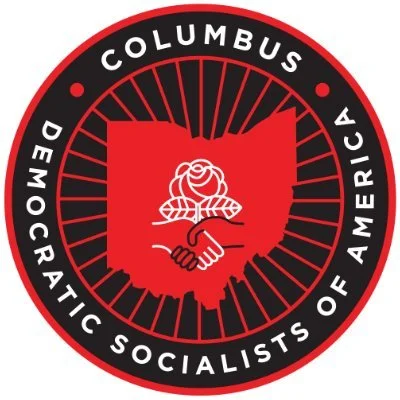

Housing Committee Statement on Rent Strikes
On April 1st tens of thousands of tenants, their incomes decimated by the pandemic, woke up without the means to pay their rent. Many more faced a choice between food, medical bills, utilities, or paying rent. Anticipating this moment, nationwide petitions, Facebook pages, and other online groups have formed calling for rent strikes. A rent strike is when tenants decide to collectively withhold rent from their landlord. It is typically the final maximum tactic in an escalating series of actions, each of which builds the level of trust and organization in a community until it is prepared to strike. Some common situations where rent strikes occur are: 1) When a landlord announces they will significantly raise rent without any additional benefits to the tenants; 2) When a landlord has announces they will be selling the building, threatening displacement for current tenants; and 3) When the building or apartments are in serious disrepair, and the landlord refuses to fix the conditions.
Rent strikes are a highly effective way of exerting tenant power. They can force a landlord to respond to tenant demands when other efforts such as letter writing, media exposure, and rent escrow have failed to produce results.
Rent strikes require planning. Without planning, a lot can go wrong. For one, if few tenants participate, the landlord will have no reason to concede to demands. Instead the strike will give the landlord an opportunity to evict the most engaged and organized tenants in their property, in one stroke setting back our long term organizing work irreparably. Organizers, adapting tactics from the labor movement, will instead aim to build a reliable, tested commitment from over 75% of their building before engaging in higher-risk tactics. To get that majority, you will need to convince tenants that you have a plan to win. Second, there must be a demand. Without a demand, the landlord won’t know how to respond in order to satisfy the tenants. Third, there must be a plan to support tenants who are participating in the strike. It is unfair and irresponsible to ask tenants to put their shelter on the line without a plan for possible negative responses from the landlord.
A mass failure to pay rent is not a rent strike, it is simply the result of a massive economic downturn caused by unprecedented layoffs. We understand why, faced with this desperation, organizers hope to escalate to a rent strike immediately, but as a movement we have learned the hard way: there are no shortcuts in our work. Mass desperation is no substitute for mass power. Columbus DSA’s Housing Committee supports rent strikes; building the capacity to strike is at the heart of our work. We hope that this crisis has revealed the desperate need for long-term tenant organizing in this city, and we encourage new and veteran organizers to join in that work. We can’t do it without your help. Thousands are on the verge of losing their homes, and only collective action can change that. We encourage tenants to reach out to the committee for assistance in organizing their buildings and communities and to join us in building tenant power now and beyond this crisis.
Contact: Housing@Columbusdsa.org
Columbus Tenants Union Facebook Page, @UnionColumbus on Twitter
The Columbus Tenants Union will hold its first remote meeting on Saturday, April 11th at 2:00pm, where we will discuss building tenant power in the city. Please RSVP here: Bit.ly/CTUMeeting
A Tenants Union Organizing Guide from the Philadelphia Tenants Union, including information on how to organize a rent strike during quarantine.


The People's Bailout with Zohran Mamdani
You’re listening to Revolution Per Minute on listener sponsored WBAI in NYC broadcasting at 99.5 FM and streaming on your favorite podcast app. To connect with us after the show you can email us at revolutionsnyc@gmail.com. You can find us on our website revolutionsperminute.simplecast.com or on twitter @nycRPM.


Viral Capitalism: Worker Struggles and Harm Reduction in the Age of COVID-19
You’re listening to Revolution Per Minute on listener sponsored WBAI in NYC broadcasting at 99.5 FM and streaming on your favorite podcast app. To connect with us after the show you can email us at revolutionsnyc@gmail.com. You can find us on our website revolutionsperminute.simplecast.com or on twitter @nycRPM.
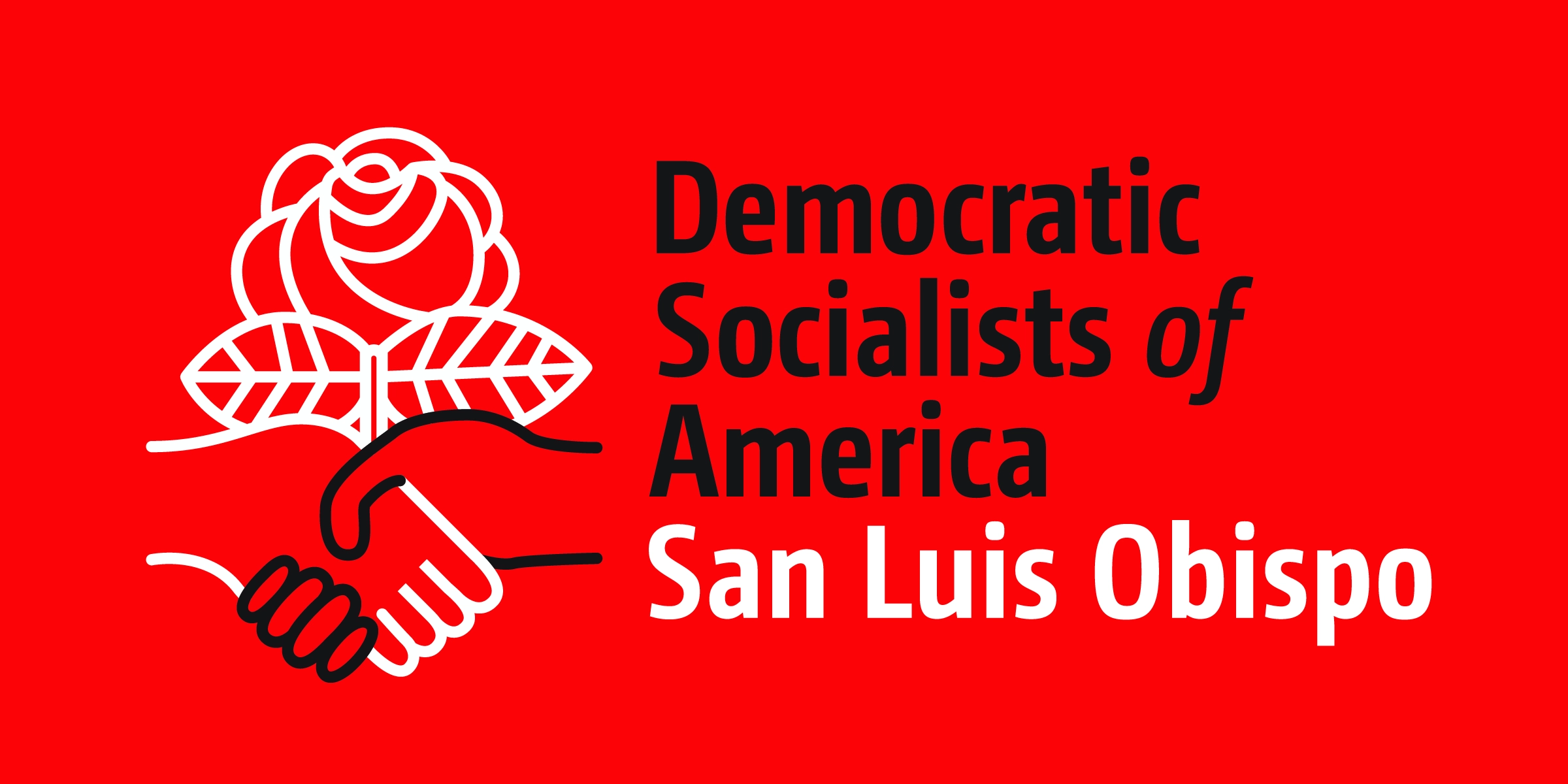

San Luis Obispo Democratic Socialists of America (SLO DSA) Public Comment to the SLO City Council
We are very thankful and impressed by this community’s response to the current pandemic we are facing. As closures and social distancing set in, we are seeing the most vulnerable in our community be deeply affected by the loss of income and access to resources.
For this reason, we request that not only the governor’s executive order N-28-20 be respected, but that there be an additional suspension of rent given how many renters in this city are hourly service workers who no longer have a safe source of income while performing social distancing. We request as well that empty hotel/motel rooms be immediately offered to houseless community members who cannot self-quarantine without a space to do it in. It is vital emergency shelters be provided immediately.
As per the latest executive orders, we further recommend the city guarantee continued publicly-provided water and trash service regardless of payment.
We request that you do not fail your earlier promise to provide free tests to all who qualify and furthermore that these tests are provided regardless of doctor’s note—putting such a roadblock on students and those without insurance or local doctors will keep us from having the knowledge we need to keep our county safe.
Lastly, we ask that as per executive order N-26-20, you ensure state funds are allocated and properly used within our school systems. Parents deserve daytime childcare and school lunches need to continue to be provided.
We also ask the state for paid sick leave for those workers who have no source of income while following health directives. Flattening the curve necessitates avoiding public interactions for longer than those 14 days; disability and unemployment are not an adequate response.
In solidarity,
The Steering Committee of DSA SLO
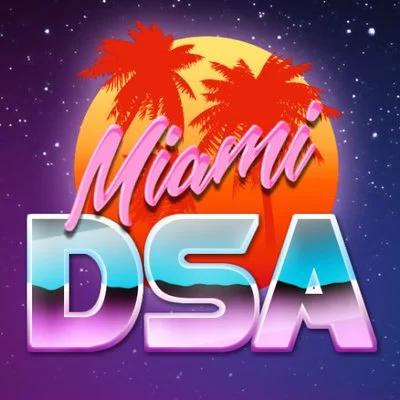
THE RED TIDE: A Weekly Bulletin from Miami DSA, (3/17/20)
Socialist Distancing
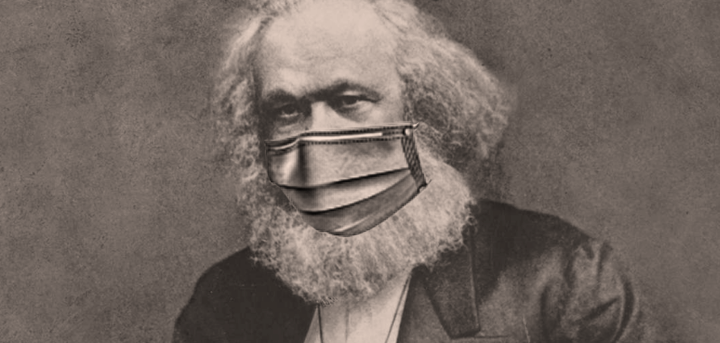
In order to keep our members and community healthy Miami DSA has suspended all in-person activities and meetings until further notice. If you have any questions regarding Miami DSA activities please contact: MiamiDSA@gmail.com
Solidarity Forever
Join the Miami DSA
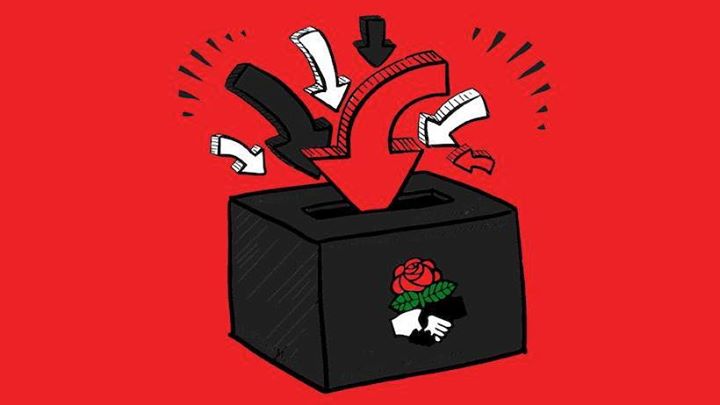
If you like to renew your membership dues, or if you would like to become a new member, please click on the following link. Please note that in order to vote on important chapter decisions such as resolutions, endorsements, or steering committee elections, you must be a dues-paying member.
Click here to view the rest of the issue!


Solidarity in Solitude
You’re listening to Revolution Per Minute on listener sponsored WBAI in NYC broadcasting at 99.5 FM and streaming on your favorite podcast app. To connect with us after the show you can email us at revolutionsnyc@gmail.com. You can find us on our website revolutionsperminute.simplecast.com or on twitter @nycRPM.


Shut it Down and Seize the Means: Public Power Now!
You’re listening to Revolution Per Minute on listener sponsored WBAI in NYC broadcasting at 99.5 FM and streaming on your favorite podcast app. To connect with us after the show you can email us at revolutionsnyc@gmail.com. You can find us on our website revolutionsperminute.simplecast.com or on twitter @nycRPM.


Samelys López and Super Tuesday
You’re listening to Revolution Per Minute on listener sponsored WBAI in NYC broadcasting at 99.5 FM and streaming on your favorite podcast app. To connect with us after the show you can email us at revolutionsnyc@gmail.com. You can find us on our website revolutionsperminute.simplecast.com or on twitter @nycRPM.